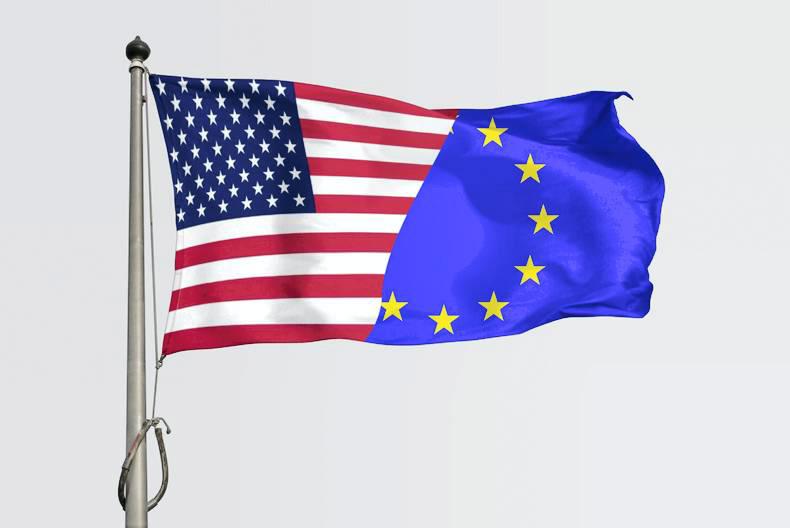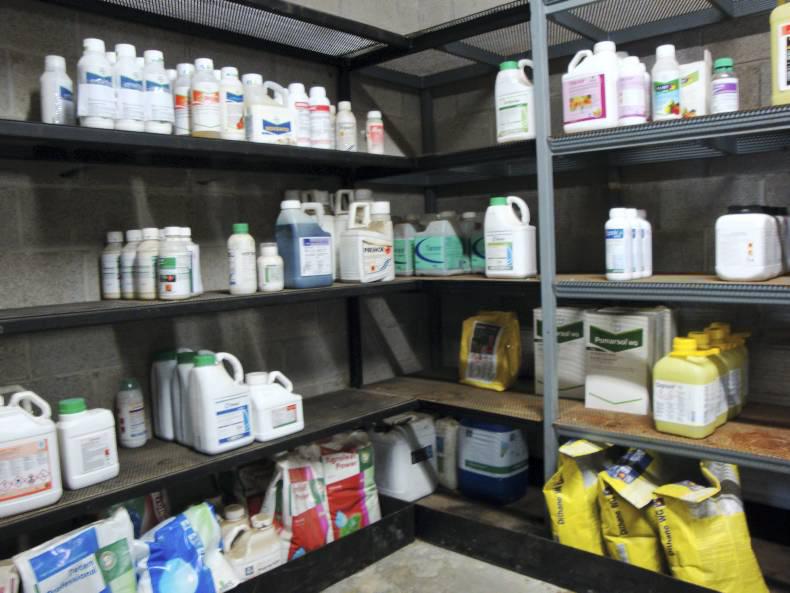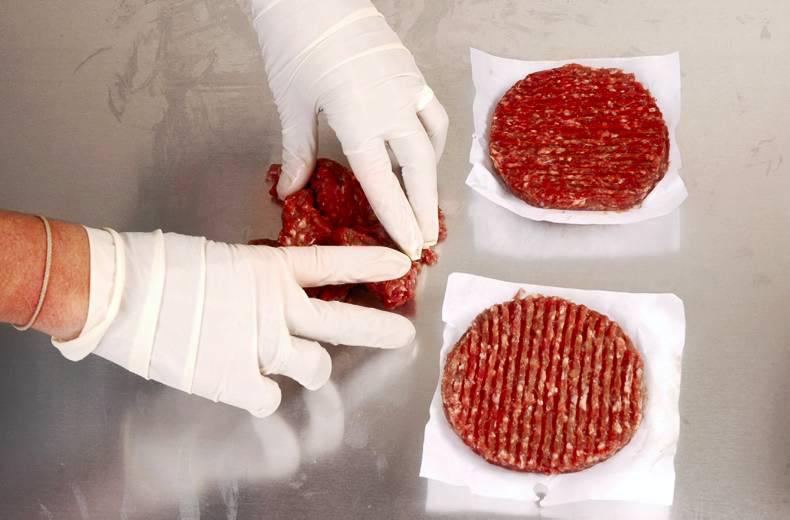The 11th round of TTIP negotiations concluded in Miami last Friday, with a clear signal from both the US and the EU that they would be picking up the pace. There is strong political ambition from both sides to achieve a successful outcome during the Obama presidency. It will be a challenge, particularly on the US side where the recently agreed trade agreement with the Pacific countries waits for approval by congress.
After what was considered a flat round of discussions in Brussels in July, there is a belief that the pace was picked up in Miami last week.
EU chief negotiator Ignacio Garcia Bercero said: “We have exchanged second tariff offers. Both sides are now on a comparable level in terms of tariff line coverage. This is an important step as our aim is to eliminate the vast majority of tariffs from day one of entry into force of the agreement.’’
Market access on public procurement are two sensitive areas and there is a commitment to exchange initial offers in February next year. The 12th round of discussions is scheduled to take place in Brussels in February 2016 and it will have to put in place the outline of an agreement if ambitions to bring it to a conclusion are to be realised before the presidential elections.
Political will
There is a serious political will on both sides of the Atlantic, including on the part of the Irish Government, to make it happen. For most sectors, a trade agreement is a good thing and in agriculture the belief is that it would be more or less neutral for all sectors except beef, which is projected to lose out. It hasn’t come centrestage yet in negotiations, but for Irish farmers not to move further away from a level playing field, it is essential that EU negotiators hold the line on making sure production standards (no hormones) are the same for the US as they are for Irish farmers, if they want to sell in the EU market.
Even if negotiators conclude a deal, it has to be sold to Congress in the US and EU Parliament approval is required. EU Ambassador to the US, David O’Sullivan, said recently that a TTIP deal will be a tougher sell in Europe than previous deals but is confident that there is a sufficient free trade ethos to see it through. Opposition, he believes, is driven by a fear of European countries losing control with the investor-state dispute settlement (ISDS) provisions coming in for particular attention.
Related stories: European and New Zealand officials meet to discuss possible Free Trade Agreement











SHARING OPTIONS